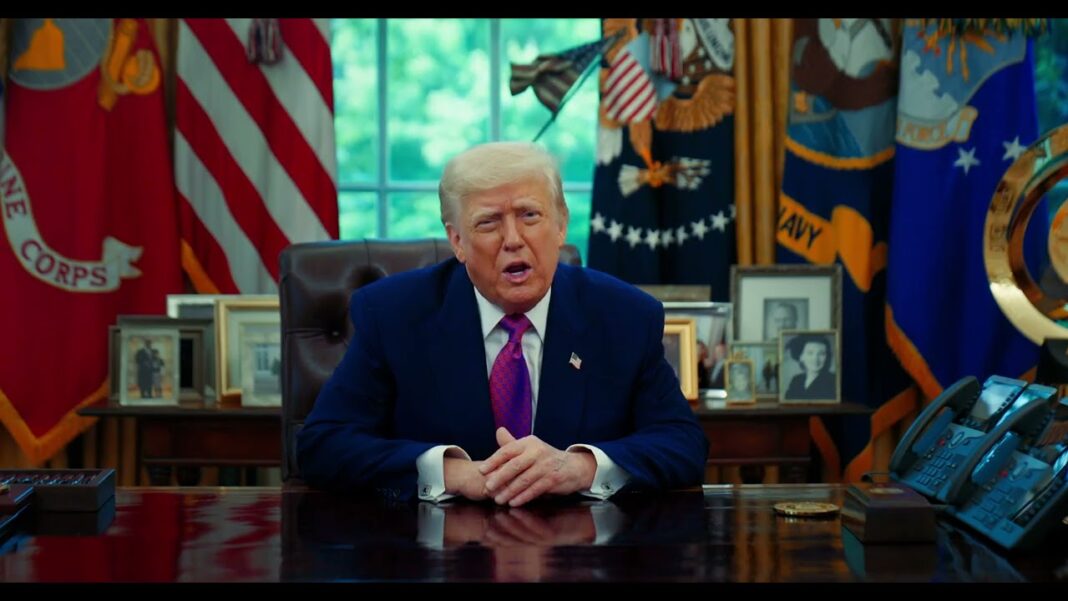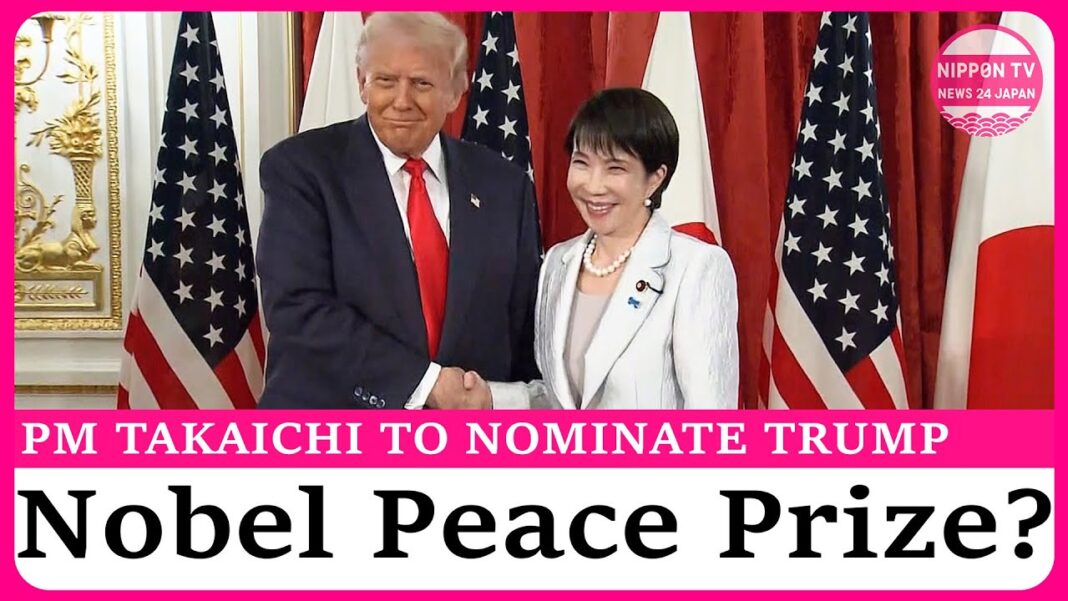Analysts decode the political intrigue behind the CCP’s recent closed-door leadership meeting.
News Analysis
Xi Jinping has kept his title as China’s supreme leader after a closed-door conclave among top Party leadership in Beijing last week. But many signs suggest that he’s no longer all-powerful in his role, analysts say, even as the regime tries to portray the opposite.
The high-stakes Fourth Plenum, a four-day gathering of more than 300 members from the regime’s governing Central Committee, came with more than its usual share of intrigue—including mass military purges, the sidelining of Xi’s allies, unexplained absences, and a shift from the Party’s usual political priorities.
While China’s state-controlled narratives continue to project Party unity, signs of discord coming out of the highly choreographed meeting reveal significant tensions beneath the surface, analysts and insiders say.
“I think that his days are numbered. He will either be put out to pasture or simply sidelined in one way or another,” said Steven Mosher, researcher and author of the book “Bully of Asia: Why China’s Dream Is the New Threat to World Order.”
Turmoil Unfolding
The Fourth Plenum kicked off on Oct. 20 following the ouster of nine senior generals, including China’s second-highest-ranked military official, in one of the largest public military reshuffles in decades.
All nine were military leaders that Xi had personally elevated, and several had started off in the former 31st Group Army, a military unit in Fujian Province bordering Taiwan, where Xi worked for 17 years in the early stages of his political career.
The unit became so closely associated with Xi that analysts sometimes referred to it as Xi’s “family army.” Since taking control of the Chinese Communist Party in 2012, Xi has packed key military posts with veterans from the group while rooting out those he considered a threat through his far-reaching anti-corruption drive.
“It makes no sense for Xi Jinping himself, who has only the support of his faction, to begin removing members of that faction,” Mosher said.
Political affairs commentator Jason Ma likewise found the moves hard to justify.
He pointed to the recent downfall of Xi protégé Adm. Miao Hua, whose long tenure at the 31st Group Army crossed with Xi’s 17 years in Fujian—a connection largely thought to have led to Miao’s rapid advancement under Xi.
“No leader can exercise authority without people who answer their personal command, and Miao was just such an old subordinate to carry out Xi’s orders in the military,” Ma said during his Chinese-language current affairs program on NTD, a sister outlet of The Epoch Times.
Similar questions arose as the regime refilled the vacant Central Committee seats left by the ongoing political shakeup. In its elevation of 11 alternate members to full membership, committee members bypassed seven alternates ranked next in line—another departure from Party tradition.
By Eva Fu







